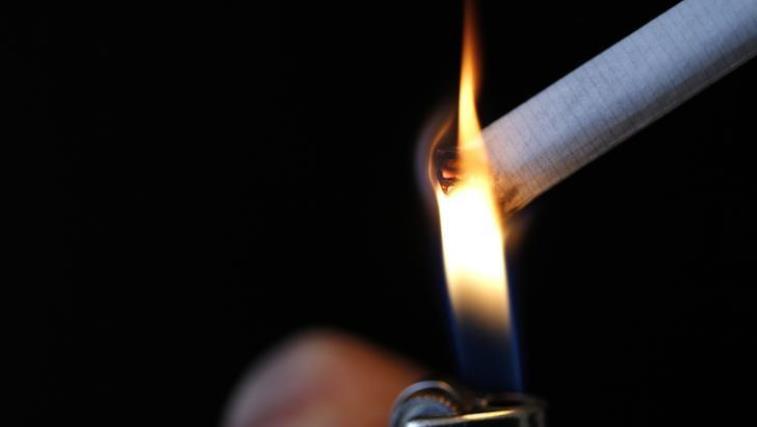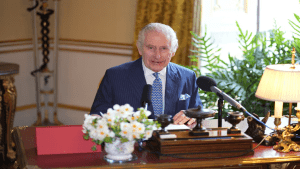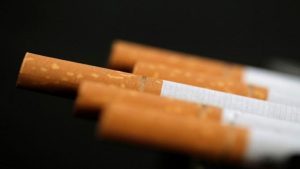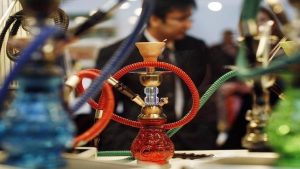Tobacco tax remains the most effective, least used, public health intervention in the efforts to curb the tobacco epidemic in South Africa and abroad. It reduces tobacco consumption and simultaneously generates the much needed revenue.
Yet tobacco in South Africa is only taxed at 40 % of the final consumer price, plus 12.8 % VAT making it 52%. This falls way below the WHO recommendations that tobacco excise tax must be a minimum of 70% of the final consumer price. There is plenty of room for a substantial increase in tobacco excise taxes – one that will actually make tobacco products less affordable, reduce consumption and add to the revenue for the state.
The benefits of taxation on the poor are often overlooked, taxes reduce the affordability of tobacco products, encouraging current smokers (especially the poor) to stop smoking and discouraging young people taking up smoking. Global evidence shows that poor households are more sensitive to price increases.
In South Africa it has been shown that tax increases on cigarettes are more beneficial to the poor as they are more likely to stop smoking than those that are more affluent. When they stop smoking they use the money previously allocated to cigarettes for essential goods such as health care, education and food.
According to the Global Tobacco Economics Consortium “The benefits of increased taxation…favour the bottom income group of the population more strongly for life years saved, out of pocket expenditures from averted tobacco attributable treatment costs and catastrophic health expenditures, and extreme poverty averted.”
Tax increases will have the most impact when they make cigarettes unaffordable. Since 2004 the tax has slowly increased, but from 2011 to 2018 the real excise tax has barely increased with an average of 1% annually.
South Africa has since 2012, not increased tobacco taxes significantly above inflation adjustments, thus making cigarettes more affordable. This year the Finance Minister increased the tobacco excise tax by just R1.14, which is even lower than the 2018 increase of R1.22 per packet.
The increase brings the excise tax to R16.66 per packet. People who smoke on average nine cigarettes a day will only spend an additional R187.24 for the year. This does not make it unaffordable and it is not enough to make people think twice about their smoking behavior.
Illicit trade is an important issue but it is unrelated to the issue of excise tax increases on tobacco. The illicit trade must not be used to undermine tobacco control, as there is no strong correlation between tax levels and illicit market size in South Africa. Weak regulations and enforcements and a diminished tax administration are the determining factors for the extent of the illicit trade here.
It cannot be ignored that globally, an estimated 58% of the illicit cigarette market are products that were manufactured by the legal tobacco industry. Where are the weaknesses in the tobacco industry’s processes that 58% of their products end up in the illicit trade? In South Africa the tobacco industry has been undermining efforts to establish a track and trace system which will help tackle the illicit trade. They instead promote their own system of Codentify which of course is not an independent system.
The World Bank 2019 Global Report on taxation also shows that taxes and high prices have a very limited impact on the illicit market share at country level. The report found that the size of the illicit cigarette market is larger in countries with low taxes and tobacco prices, and actually smaller in countries with higher cigarette taxes and prices. This shows that the more important factors are non-price factors, such as weak regulation and poor enforcement
Tobacco harm costs an estimated R59 billion in direct medical costs and lost productivity as a result of death and illness. Smoking and second hand smoke impacts on health and costs the smoker and the health system in increased health costs.
Increasingly, ‘thirdhand smoke’ is being recognised as a potential danger to children, who can inhale fumes and even ingest residues left on floors, walls and furniture when they crawl or touch.
Tobacco taxes can recoup the costs of tobacco to the health system. We currently only earn less than R15 billion in excise taxes on tobacco, with the difference in health costs being covered by the taxpayer.
The World Bank has also encouraged the use of tobacco tax revenue for the expansion of universal health coverage or the NHI. Though tobacco taxes on their own do not provide enough revenue, they are an important contributing source of revenue, while at the same time, reducing demand for tobacco products because of price increase .
South Africa should increase tobacco taxes by a higher percentage each year, and we recommend a 15-20% increase. Smokers are more likely to stop or reduce smoking when the tax increases are high rather than when the tax is increased gradually.
Tobacco taxes are pro poor and will be instrumental in reducing the number of smokers. This will improve quality of life for smokers and non-smokers, reduce the burden on the NHI or health care system and save resources to either fund the NHI or other developmental priorities.
Savera Kalideen is NCAS Chairperson and has written various, hard hitting thought leadership pieces (illicit trade, taxes, e-cigs).






